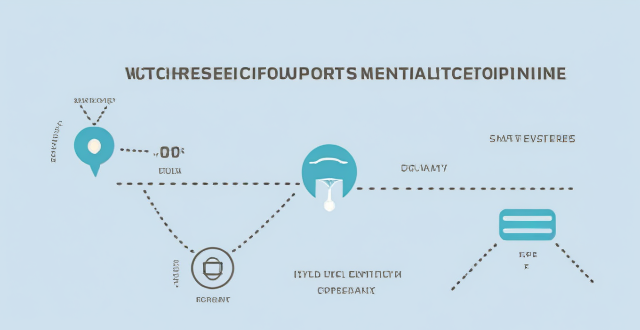This article discusses whether existing devices can support 5G network and what factors influence this compatibility. The most important factor determining whether a device can support 5G is its hardware, including the modem, antenna, and other components required for 5G connectivity. Another factor that can affect compatibility is the software on your device, such as an outdated operating system or lack of necessary drivers and firmware updates. Finally, even if your device has the necessary hardware and software, you still need to have a carrier that supports 5G in your area. To check if your device is compatible with 5G, you can check your device's specifications, ensure that it is running the latest operating system and has all necessary drivers and firmware updates installed, contact your carrier to see if they offer 5G service in your area and if your plan includes access to this network, and consult with a professional or contact the manufacturer for assistance.

Can Existing Devices Support 5G Network?
Introduction
With the advent of 5G technology, many people are wondering if their existing devices can support this new network. In this article, we will explore whether existing devices can support 5G network and what factors influence this compatibility.
Factors Influencing Compatibility
Hardware
The most important factor determining whether a device can support 5G is its hardware. Most older devices do not have the necessary hardware to connect to a 5G network. This includes the modem, antenna, and other components required for 5G connectivity. Therefore, if your device is more than a few years old, it is unlikely to support 5G.
Software
Another factor that can affect compatibility is the software on your device. Even if your device has the necessary hardware, it may not be able to connect to a 5G network if it is running an outdated operating system or lacks the necessary drivers and firmware updates. Therefore, it is important to keep your device's software up-to-date to ensure maximum compatibility with new networks.
Carrier Support
Finally, even if your device has the necessary hardware and software, you still need to have a carrier that supports 5G in your area. Not all carriers offer 5G coverage, so you will need to check with your carrier to see if they offer 5G service and if your plan includes access to this network.
Checking Your Device's Compatibility
Here are some steps you can take to check if your device is compatible with 5G:
1. Check your device's specifications to see if it has the necessary hardware for 5G connectivity.
2. Ensure that your device is running the latest operating system and has all necessary drivers and firmware updates installed.
3. Contact your carrier to see if they offer 5G service in your area and if your plan includes access to this network.
4. If you are unsure about your device's compatibility, consult with a professional or contact the manufacturer for assistance.
Conclusion
In conclusion, existing devices may or may not support 5G network depending on various factors such as hardware, software, and carrier support. It is important to check your device's specifications and ensure that it meets the requirements for 5G connectivity before attempting to connect to this network. By following these steps, you can determine whether your existing device can support 5G and enjoy faster internet speeds and improved connectivity.